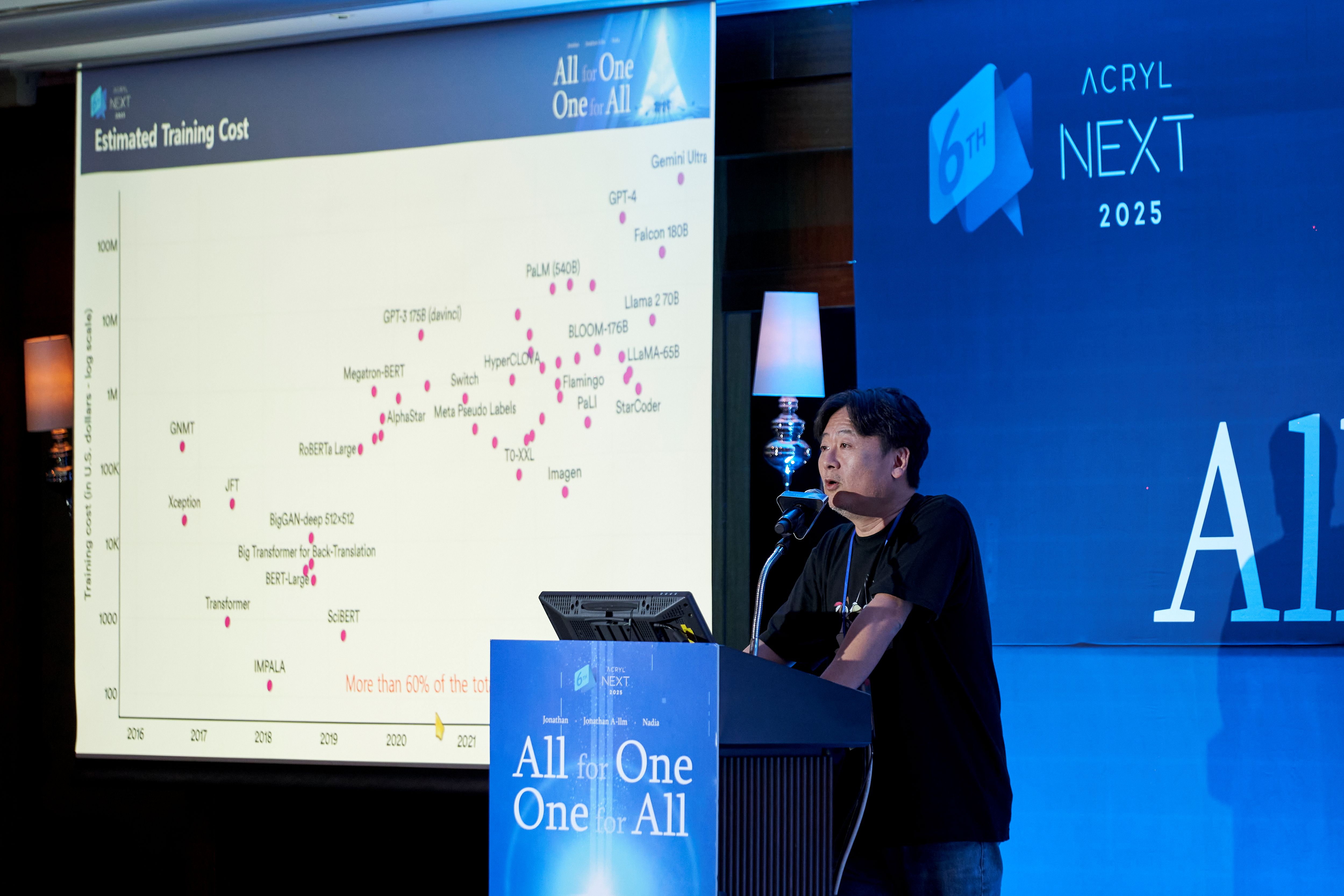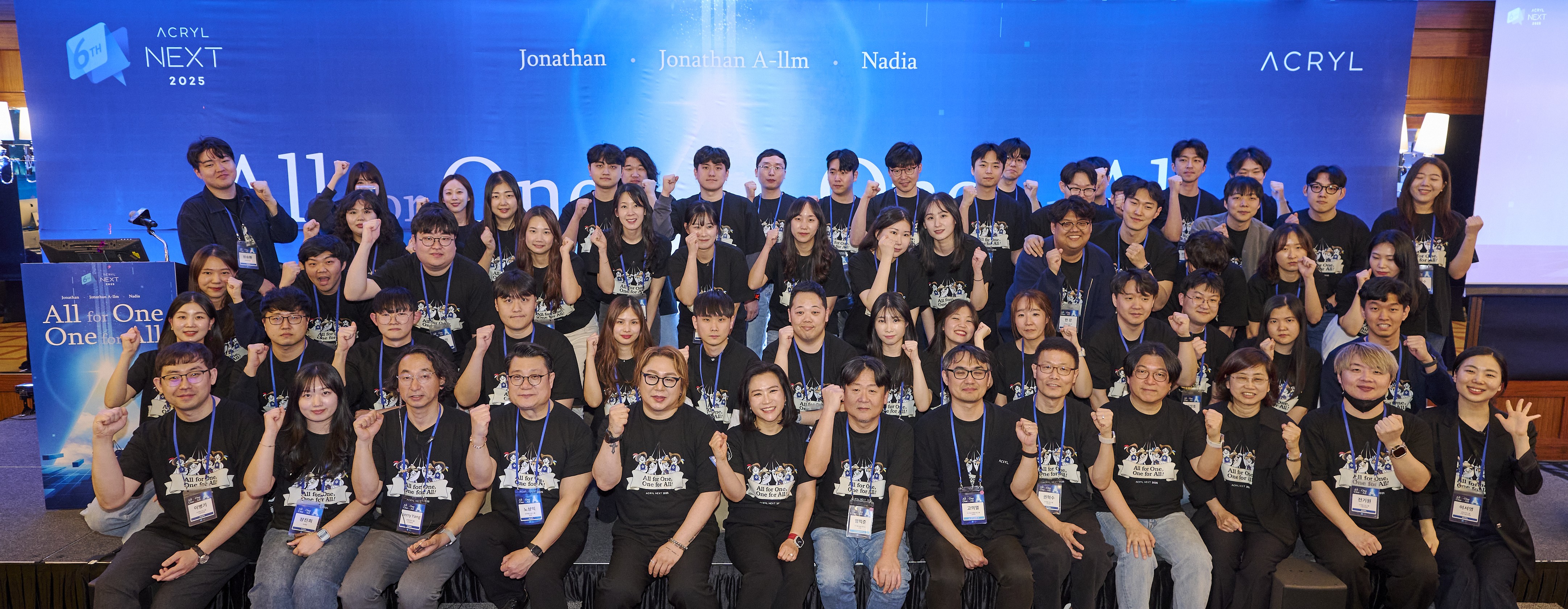
SEOUL, South Korea – ACRYL Inc. (CEO Jin Park), a leading AI technology company, showcased its vision for the future of edge AI at ‘ACRYL NEXT 2025’, held on March 24. The company unveiled a series of groundbreaking strategies for next-generation AI semiconductors based on collaborative learning and federated learning.
During the event, CTO Ikjun Yeom of the ACRYL AAAI Research Institute presented the company’s flagship AI infrastructure platform, JONATHAN. Designed to seamlessly integrate edge NPUs with cloud environments, JONATHAN enables real-time cooperative learning between edge devices and cloud servers. This architecture is expected to overcome traditional limitations in edge AI, such as limited compute and storage, by distributing workload intelligently.
Through this approach, JONATHAN maximizes edge AI performance while maintaining real-time responsiveness and scalability—vital requirements in dynamic industrial environments. This innovation is part of a national project supported by the Ministry of Science and ICT and the Institute of Information & Communications Technology Planning & Evaluation (IITP).

In addition, ACRYL introduced its federated learning framework, which connects NPUs across diverse edge devices. This technology trains models locally and consolidates them at a central server, protecting user privacy while enhancing model performance. It is particularly applicable to privacy-sensitive domains such as healthcare and finance.
The federated learning solution, also supported by the Ministry of Science and ICT and IITP, is designed to accelerate large-scale AI application development by enabling efficient cooperation between data centers and edge computing units.
ACRYL plans to further strengthen Korea’s AI semiconductor ecosystem by expanding its JONATHAN platform and federated learning framework across industries. Through continued innovation, the company aims to lead the development of next-generation AI services.